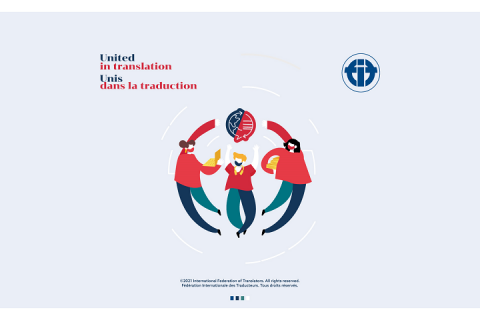by Peter Chin
“Waking up naturally without the annoying alarm, you look out the window and realise that it’s almost lunch time. You take a hot shower and walk leisurely to the nearest cafe in your neighbourhood, get yourself a set of scrumptious breakfast. You take all the time in the world to enjoy the moment, before you unfold your new flashy laptop protected by a sophisticated leather sleeve and go through a list of projects that are competing for your attention.”
I have a feeling that whenever I introduce myself as a freelancer, the above description is the exact image that crosses people’s mind. As much as it may sound like my kind of ideal life, this is definitely not a reality for most freelancers.
When we talk about freelancing, it’s inevitable to bring up the term “gig economy”. What exactly is gig economy? The New Yorker defines it as “on-demand, peer, or platform economy.” In simpler terms, gig economy consists of companies who engage contract workers for a temporary period or project-based jobs instead of hiring them for permanent positions.
Freelancers or gig workers include anyone from an Uber driver or Airbnb host, to project managers and developers who are instrumental in digital transformation projects that global companies often invest in. According to a survey by Upwork and Freelancers Union (2019), the largest group of freelancers (45%) offers skilled services, such as computer programming, writing, design, IT, marketing and business consulting. Interestingly, highly educated workers are overrepresented in freelancing. 41% of those with advanced degrees run freelance businesses.
“People tend to think of freelancers as the Uber drivers and Task Rabbit workers of the world,” says Stephane Kasrie, CEO of Upwork. “The bigger part of the freelance workforce is skilled freelancers.”
For many, one of the key changes from a full time employee to a freelancer is learning about self-management – from securing projects, managing one’s work schedule, to planning for professional skills development.
To mitigate the transition, here are two aspects that a freelancer should start working on:
1. Work-life Balance
The first key skill is to have a balanced work and personal life. Burnout and life imbalance are among many other dilemmas of a freelancer, as not only does a freelancer need to deliver the expected services or products, he/she also needs to handle administration tasks and customer management. This often leads to long working hours throughout the week, leaving very little time for personal life.
It may be difficult to put work aside and take a break, but you need to bear in mind that freelancing should be a marathon instead of a 100-meter sprint. Instead of constantly delaying gatherings with friends and family, I would suggest you to adopt a different approach. Before a new month begins, go through your calendar and mark key events such as birthdays or anniversaries on your schedule; then, plan your work around them. By doing so, you will be able to balance work and personal life instead of constantly sacrificing leisure time for work.
2. Management
The second key skill for a successful freelancer career is to learn how to manage your workload. The last thing you want to see happening to yourself is having a burnout and being forced to take a long break to recover.
When you accept a project or a job, the first thing to do is not to start working on it immediately. Communicate with the client on when you need to deliver the final product and be sure about what needs to be delivered. Next, plan your work and know how much time and effort you have to commit to the project. For example, how many hours per day should be spent on the job in order for you to meet your deadline. This approach will give you a better idea on your workload, how to plan your personal life and whether you can take on more work simultaneously.
If you are just getting started on the path of freelancing, I would like to cheer for your courage to take on new opportunities. At the same time, I would also like to assure you that it might look intimidating at the beginning, but with the right approaches and perseverance, you will gradually build the foundation and momentum for a successful freelancing career.

 The professional competence and attitude beyond the reach of AI translation.
The professional competence and attitude beyond the reach of AI translation.Limitations of AI Translation Tools ≫



